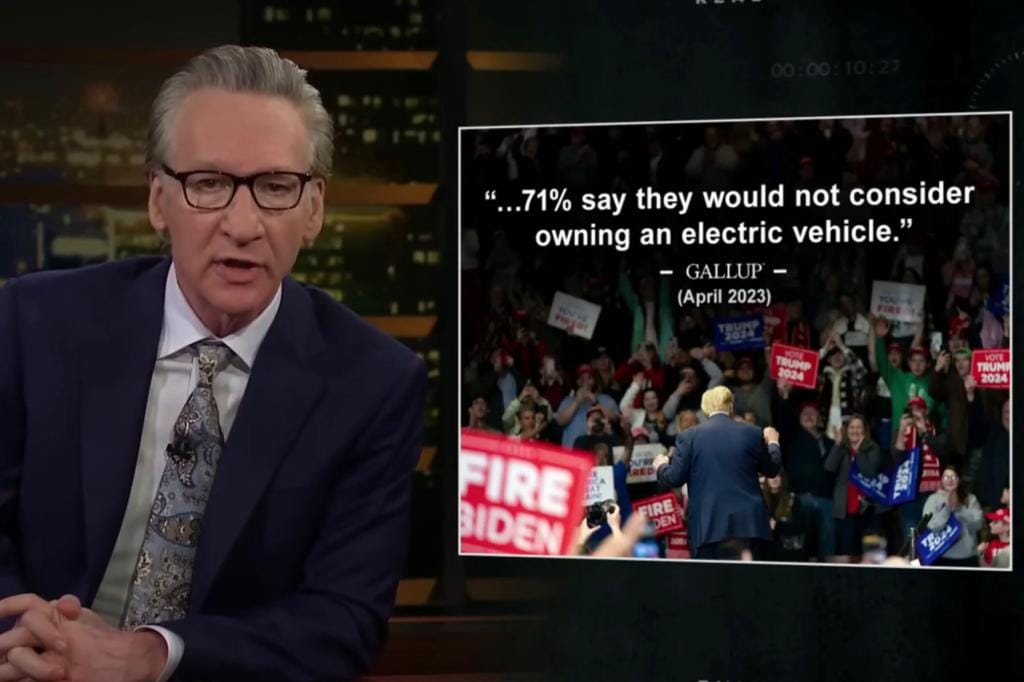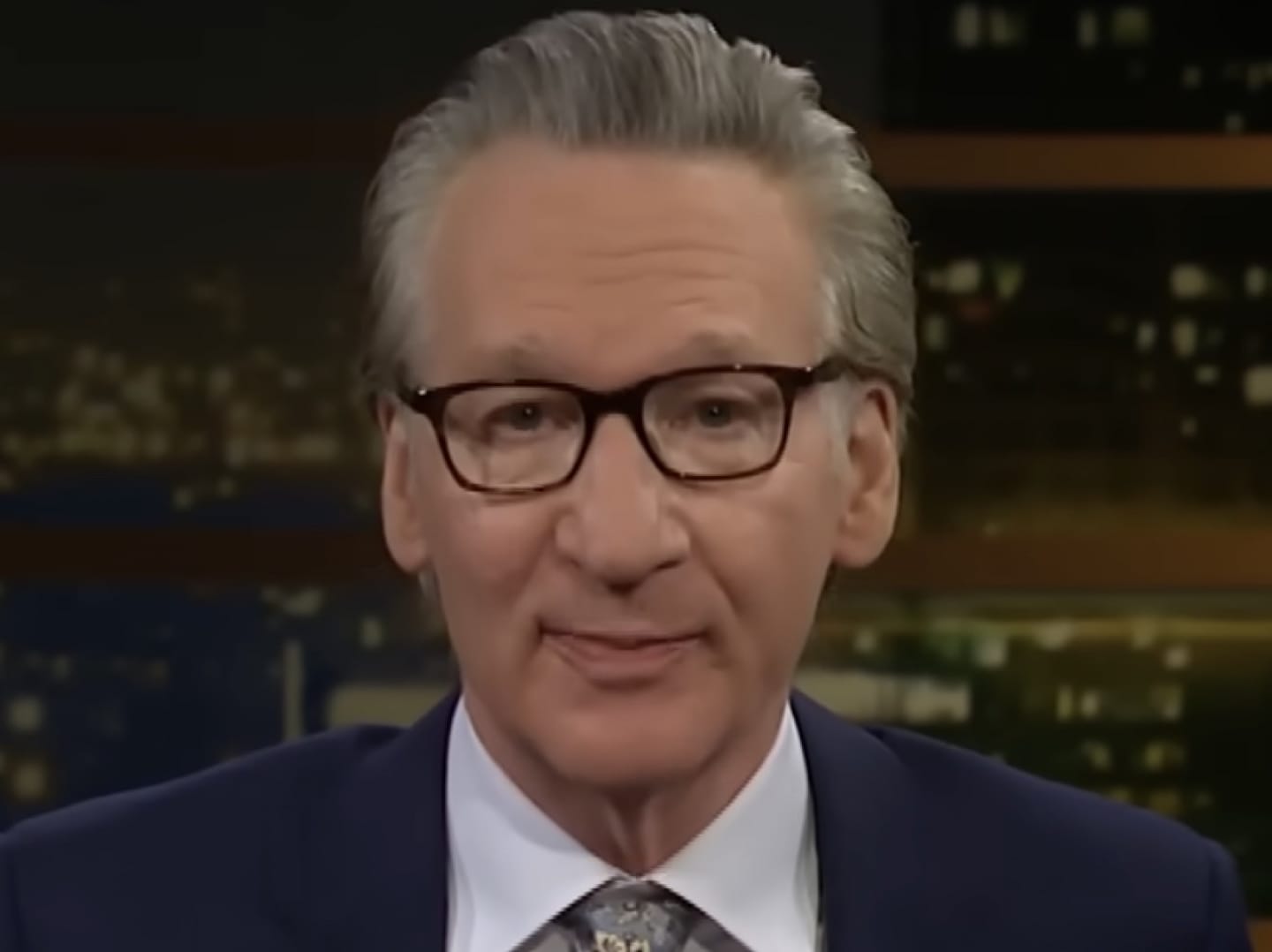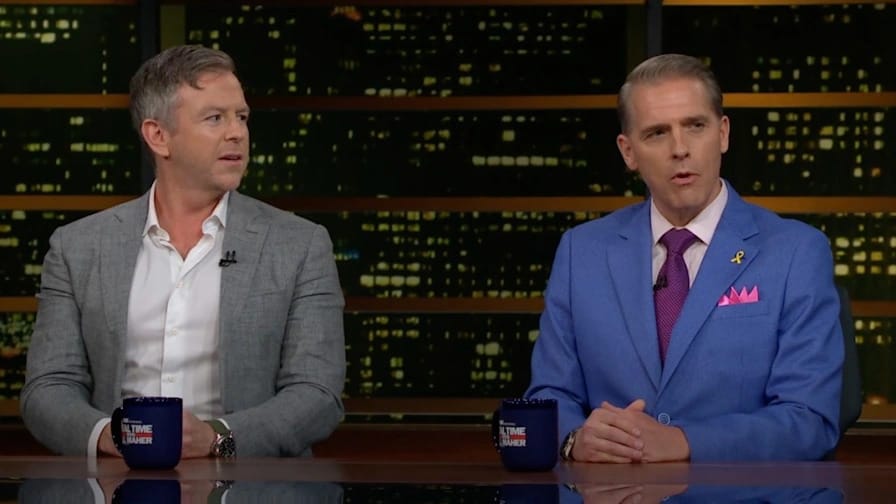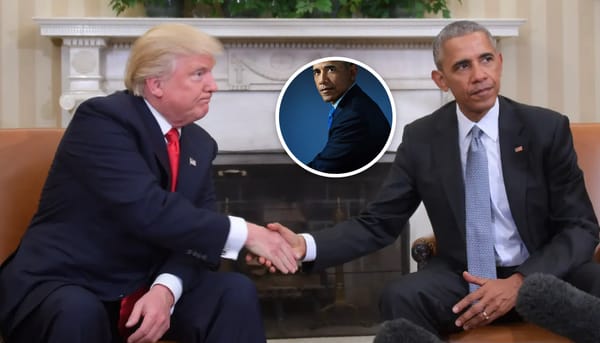Bill Maher reveals why Americans have no real convictions

Could it be true that Americans don't actually stand for anything?
According to one prominent commentator, the answer might just be a harsh reality check.
Challenging the Idea of Deeply Held Beliefs
HBO host Bill Maher recently delivered a blunt message to his audience: stop pretending to be people of "core convictions and deeply held beliefs."
Appearing on his show "Real Time," Maher argued that many Americans simply adopt stances based on political convenience rather than genuine personal values.

He criticized what he sees as a pervasive pattern of flip-flopping, where opinions shift dramatically based on who is advocating for a particular position.
This behavior, he suggested, reveals a lack of true underlying principles.
The Electric Vehicle Flip-Flop
Maher pointed to the example of electric vehicles (EVs) to illustrate his point about shifting allegiances.
He noted how attitudes towards EVs seemed to mirror the perceived political leanings of figures associated with them.

According to Maher, when Elon Musk was seen as aligned with liberal viewpoints, liberals embraced electric cars while conservatives were skeptical.
However, he claimed this dynamic shifted as Musk's public persona changed, leading to a change in sentiment across political lines regarding EVs.
Maher highlighted data suggesting recent declines in EV sales, connecting it to these apparent political shifts, even citing past critical remarks from figures like former President Trump about electric cars.
Schools and Ivermectin: More Examples?
The comedian didn't stop at cars. He also brought up the controversial topic of keeping children out of school during the COVID-19 pandemic.
Referencing a book titled "An Abundance of Caution," Maher quoted the author's conclusion that even groups like the Academy of Pediatrics seemed to alter their position on school reopenings once the idea was supported by the Trump administration.

He then turned his attention to Ivermectin, a drug that became highly politicized during the pandemic.
Despite having won a Nobel Prize for its human uses, Maher observed how opinions on Ivermectin appeared to divide sharply along partisan lines.

He made a wry observation that drugs, unlike politicians, don't inherently belong to a political party, noting the absurdity of the debate surrounding the medication.
Health Initiatives and Political Sides
Maher extended his critique to the realm of public health initiatives.
He recalled how efforts led by former First Lady Michelle Obama to promote healthier living were met with significant opposition from some conservatives.
He contrasted this with potential shifts in conservative views on health and wellness following the appointment of Robert F. Kennedy Jr. to a position related to health, suggesting that who is promoting the message seems to matter more than the message itself for some.

The Real Reason?
So, why does Maher believe Americans lack genuine convictions?
His core argument is simple and stark:
They only care which side is saying something.
He contends that positions on complex issues are often adopted or rejected purely based on which political faction appears to support or oppose them, rather than any internal moral compass or factual assessment.
Ultimately, Maher urged a move towards evaluating issues on their own merits, independent of partisan alignment.
Until then, he joked, Americans might continue to adopt and discard beliefs based solely on who is talking.



